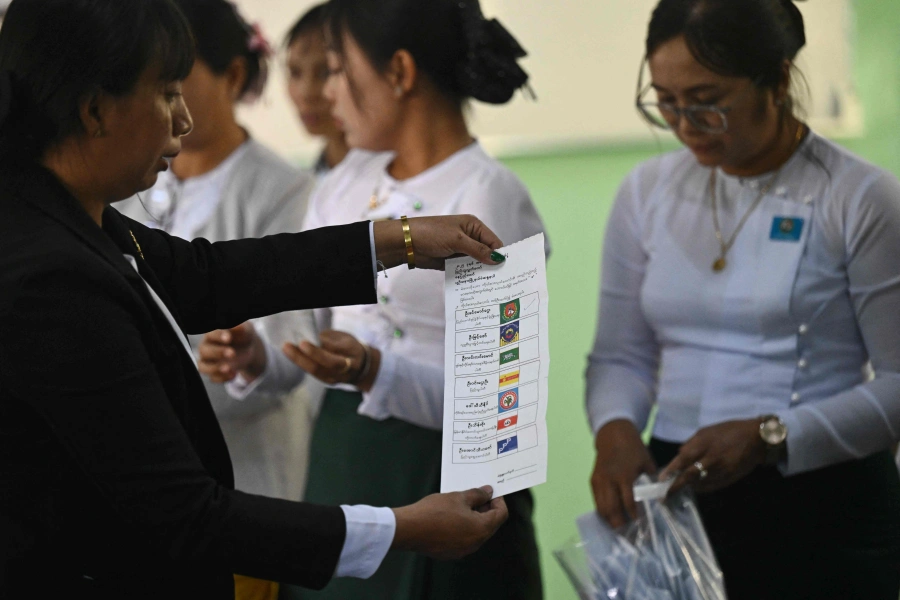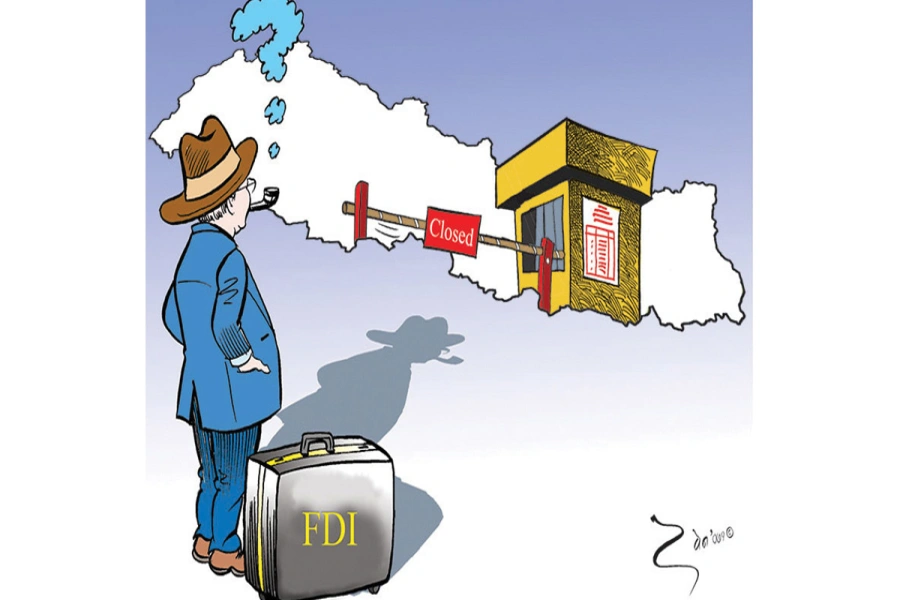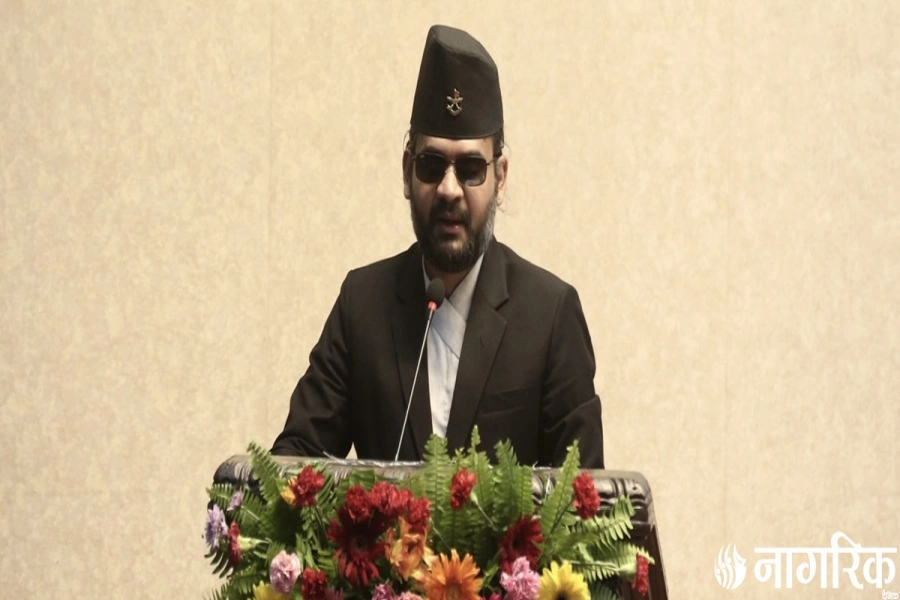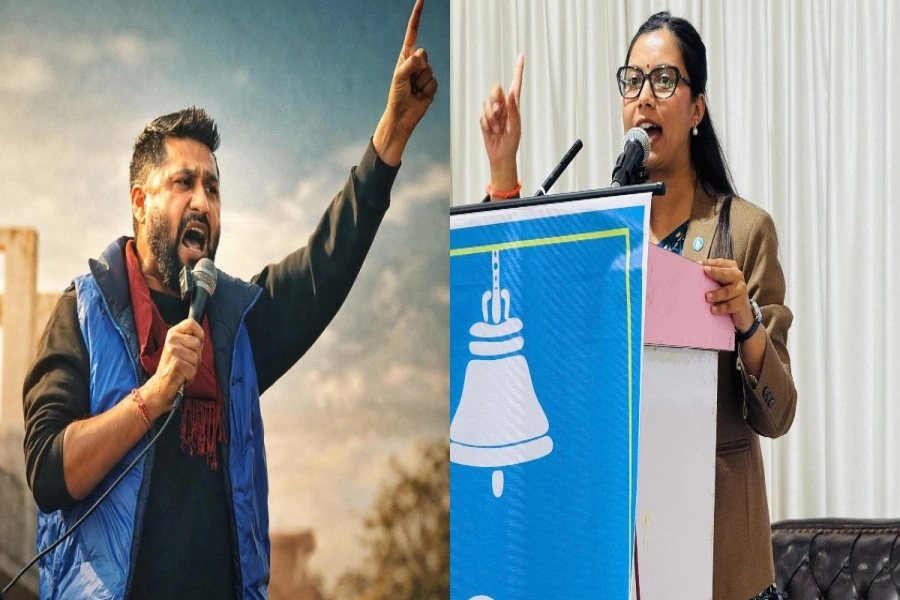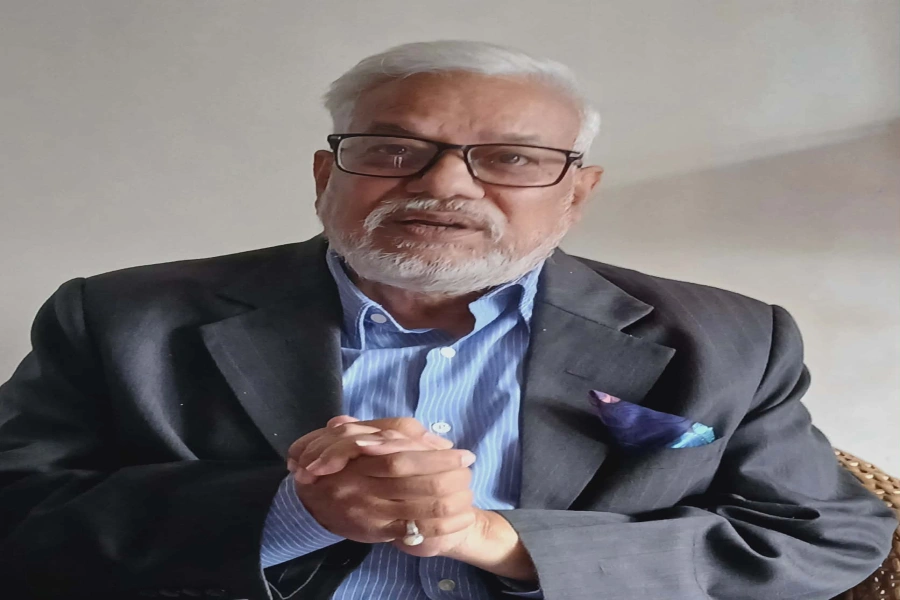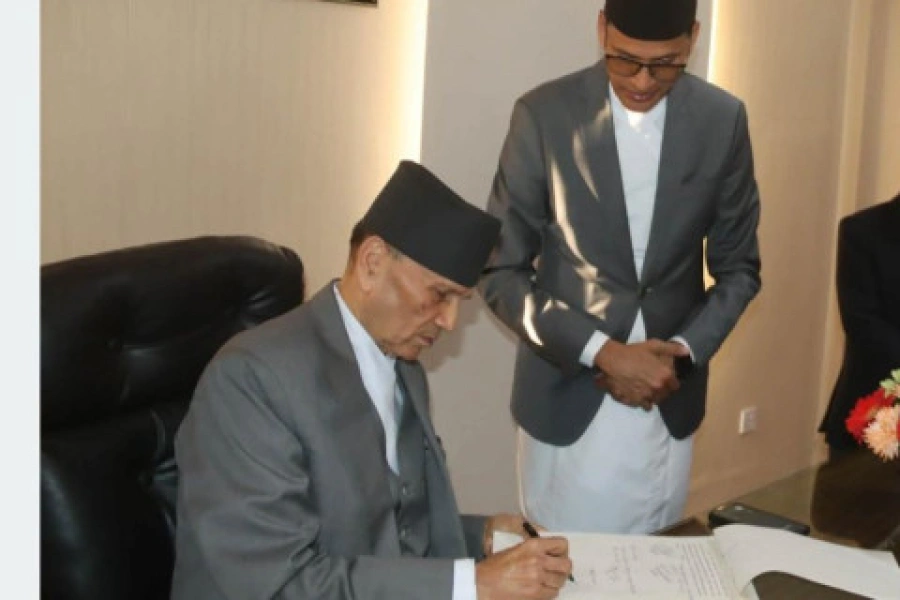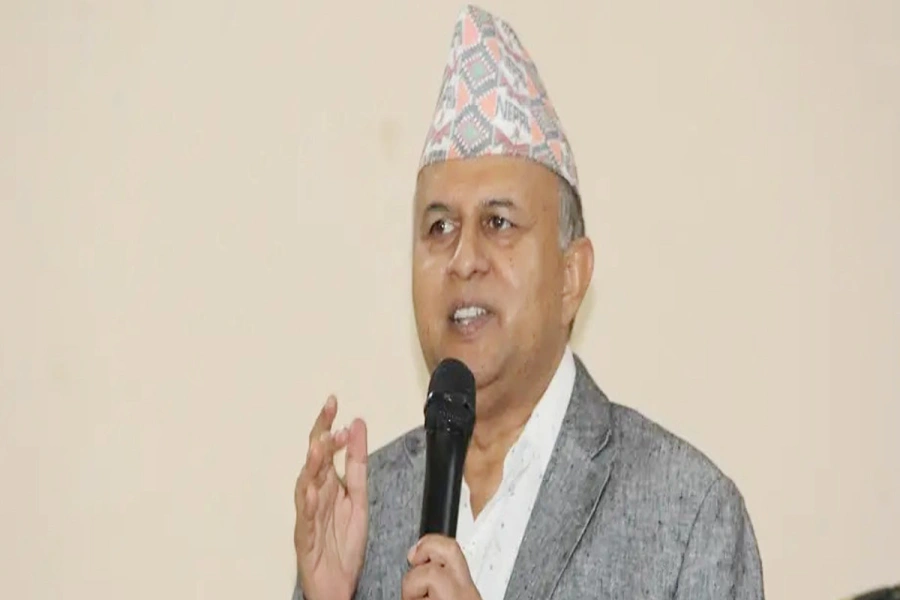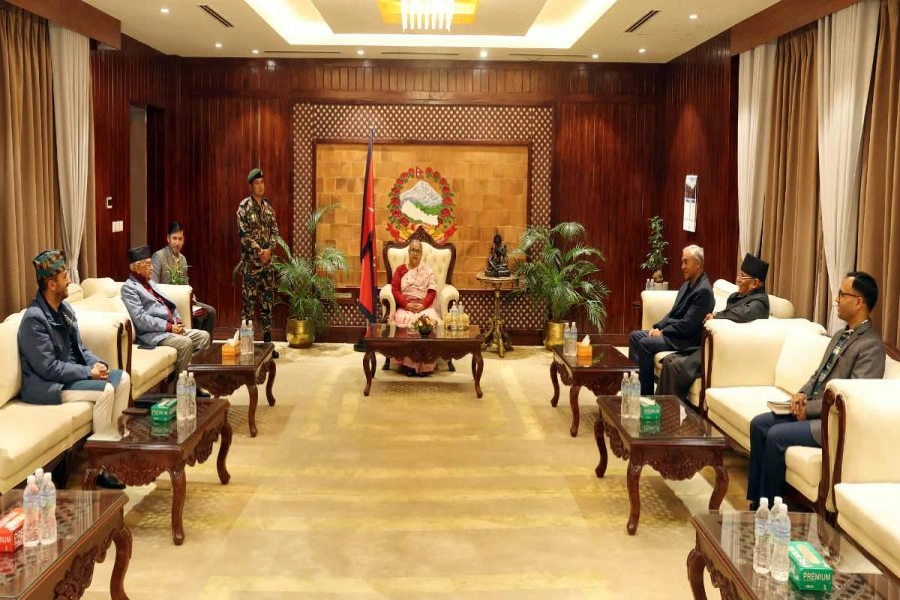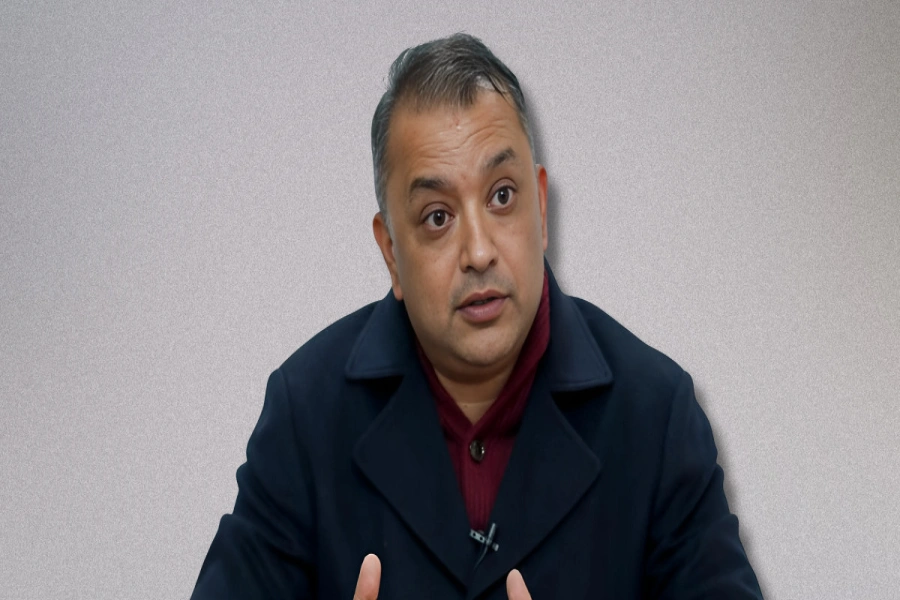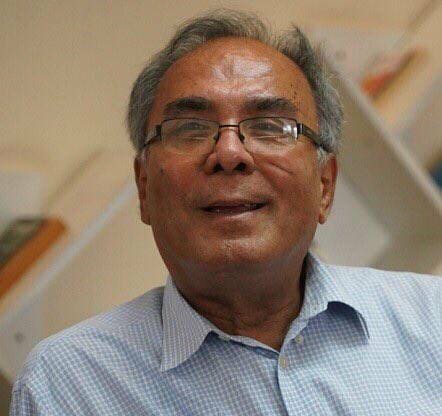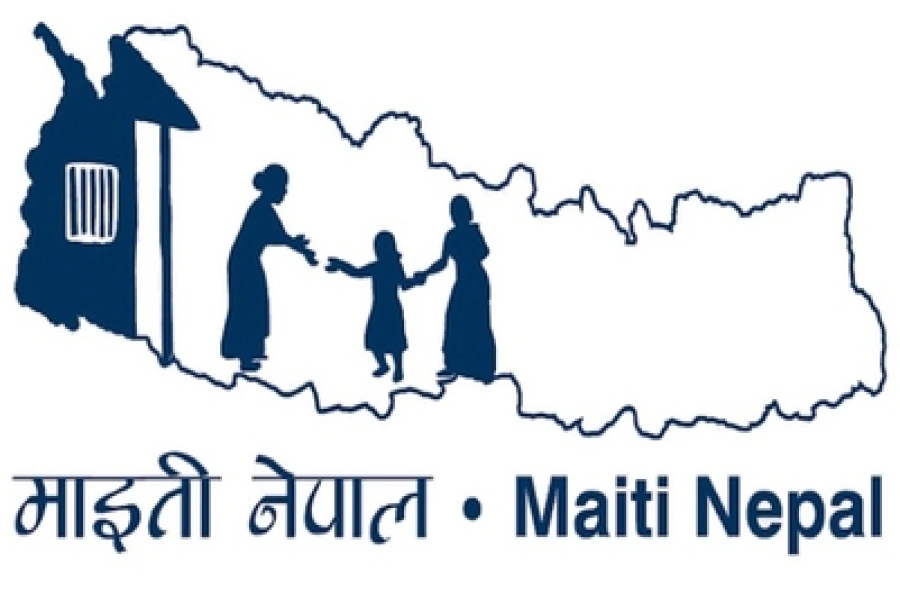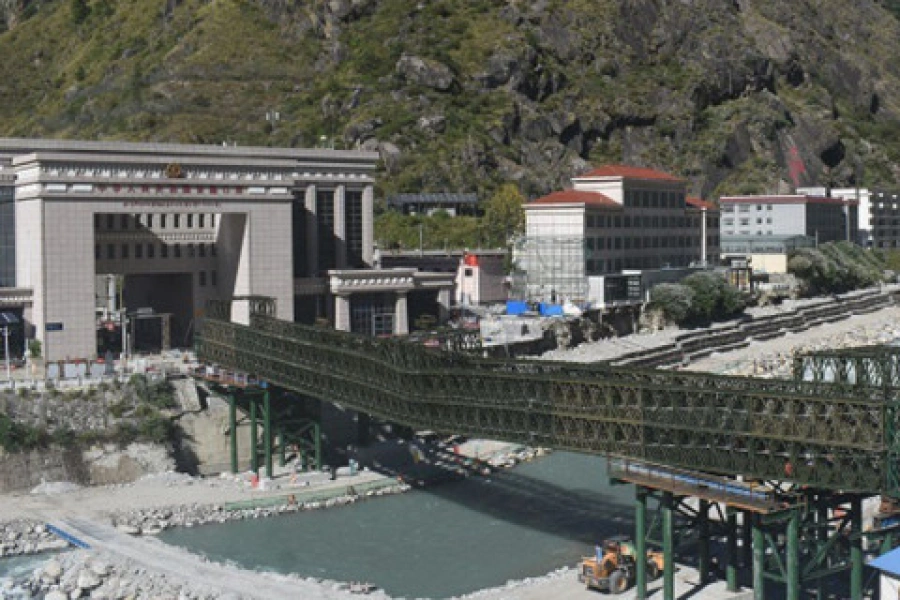But my intention here is only to touch upon the importance of negotiation skills in diplomacy in general and also in advancing the objectives of economic diplomacy. We must bear in mind that economic diplomacy and its application in particular demands collective efforts and involvement of multiple of actors other than the foreign ministry officials. First of all, we need to have the ability to comprehend the changed role of diplomacy, consequent upon the affects of globalization and the information revolution along with the advent of internet, in particular. Forces of globalization have rendered the world increasingly interdependent, thus necessitating for a dynamic and outward looking foreign policy. Staying connected, therefore, to world events and developing capabilities to interpret their possible ramifications for Nepal requires, first and foremost, enhancing our diplomatic skills and negotiation capability.
It goes without saying negotiation is a fact of life. There is a saying “everyone negotiates something everyday”. This statement itself speaks volumes for the pervasive nature of negotiation. Negotiation is also about the ability of finding a middle ground. Flexibility, sound communication skills, pleasing personality and understanding of issues of negotiation are important. But negotiation involves not only issues but most importantly people. Therefore, understanding of issues alone is not enough; understanding of people one negotiates with is equally paramount.
“In business, as in life, you don’t get what you deserve; you get what you negotiate”. This is what a famous American expert on negotiation and author of many books on negotiation techniques, Dr Chester L Krass, has to say about the give and take nature of negotiation. Negotiation is an art, or skill acquired through long experience, sustained training and also through constant practice in the course of one’s life. It is no doubt one of the most fundamental tools of diplomacy. Because it is an important tool, diplomats, who have to largely shoulder this responsibility on behalf of the government, have got to be well honed and razor-sharp, both intellectually and performance-wise.
Before touching on the role of the foreign ministry in enhancing its negotiating capacity, a few words on what negotiation is all about. For diplomats, in particular, ability of articulation, confidence, presence of mind, and a thorough understanding of, and adequate information on, issues for negotiation may be some of the important requirements. A blunt diplomat much like a blunt tool cannot be expected to cut through the many tough and often complex issues of national interests on the negotiation tables at different global forums, and hence, she/he may be unable to defend effectively the vital national interests. Ability of articulation, which includes, among others, command over English language is one of the most important tools for negotiation. It is often found that even the best of diplomats with sufficient information on issues may fail to impress themselves during negotiation because of their articulation inability. Stage fright and lack of confidence are other impediments to articulation. Lack of confidence or inhibition often generates fear and shyness, and a person hesitates to speak up before the audience. This is the most common symptom found among diplomats from the developing countries, and the LDCs in particular. In most cases, diplomats suffering from this symptom may always be found shying away from taking floor even on important issues involving their country.
Presence of mind is yet another vital negotiation skill. It refers to the intrinsic ability to read and interpret the gravity of the situation prevailing around and then to improvise prompt responses, accordingly. A diplomat’s presence of mind or lack of it at the negotiation table can facilitate progress or unravel the whole negotiation process. That is why it is very important for diplomats to exercise utmost emotional restraint and to know sufficiently well as to what, when and how to express himself/herself during negotiations.
Foreign ministry’s role
Many of the diplomats in their early stages may not have sufficient ability for articulation. But keen personal interest, sustained practices on public speech at home and also by frequently taking part in meetings, seminars and issue-based discussions in the ministry or, elsewhere, this skill can be developed and perfected, overtime. Those lacking confidence of articulation are advised against trying to speak extempore and without enough preparation. At the early stages, therefore, it is good for them to make written notes, or comments before taking the floor. This way, one may gradually acquire confidence in one’s articulation ability, which will eventually help one to speak even without the help of a written note.
The ministry, hence, can and should organize regular meetings and seminars for the new officers on the art of conference diplomacy to train them on how to chair a meeting, make interventions and comments on important international meetings. These are important first preparatory steps that must be undertaken by the ministry to help the new officers hone their articulation and public speech capability. Grooming and pruning of officers with demonstrated aptitude on a specific field could be the one way to begin with.
This process is comparable to the grooming and pruning of garden flowers. An accomplished gardener knows what to groom and how and when to prune for the healthy growth of flowers and other plants in the garden. Similarly, an institution needs to pick and chose the best and the brightest and then groom them in a sustained manner with focus on their particular field of interest. Pruning in this context doesn’t necessarily mean putting the rest of human resources on the sideline. Their services can be utilized in other areas, and perhaps through sustained exposure to opportunities and training they may also eventually turn out to be good negotiators. Choosing first and then grooming the best and the brightest ones for specific purposes is and should be the first and main institutional objective. From our own region, Pakistan and Sri Lanka can be the best and the most appropriate examples for us to emulate in terms of producing diplomats skilled in multilateral negotiation techniques. Their diplomats, especially in the UN missions in New York, and Geneva, are most of the time found to be far more knowledgeable, capable and articulate in negotiation on issues of their national interests.
Nepal, as one of the least developed countries, and landlocked at that, has many domestic and international obstacles in producing skilled negotiators with intimate and comprehensive knowledge on issues at the bilateral, regional ,multilateral and global levels. Adverse domestic political and economic situations aside, the international context is no less unfavorable for us. The need for Nepal, therefore, is to enhance its ability to negotiate in bilateral, regional and multilateral global forums on issues of vital concerns.
This requires building negotiating capabilities internally, on a sustained manner, by forging inter- and intra-ministerial coalition and coordination. The foreign ministry needs to take a lead in building this coalition, which then be extended to include, as appropriate, actors from business community, academicians and other experts on international relations. This way we can develop our collective negotiating and bargaining capacity vis-à-vis the bilateral, regional, multilateral and other international economic organizations.
The writer is former Chief of Protocol
FCAN forms five-member negotiation team to negotiate with govt



